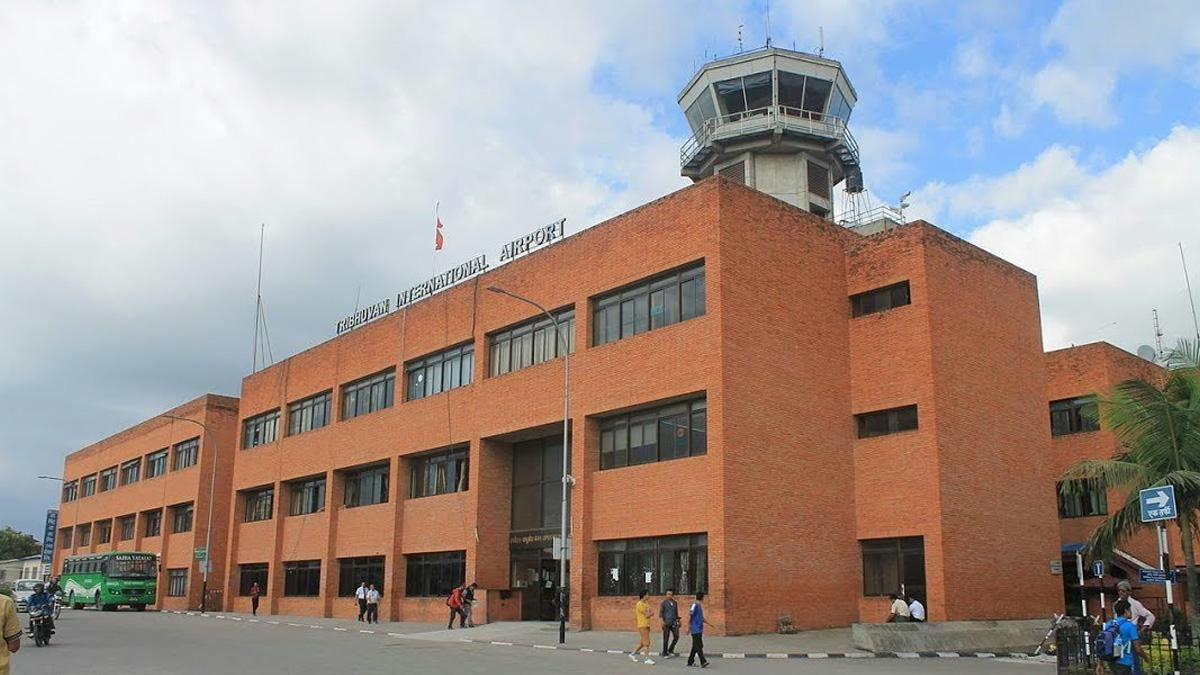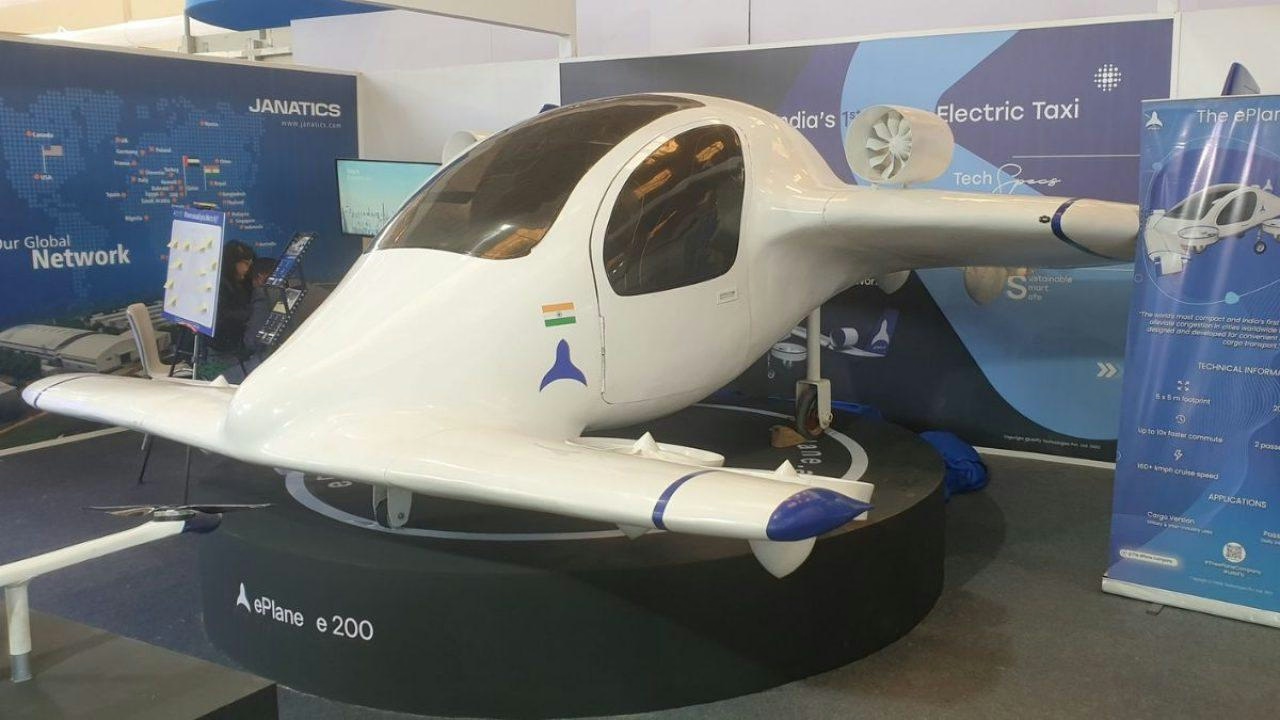AeroGenie — 您的智能副驾驶。
热门趋势
Categories
Kathmandu Airport Closure Disrupts Nepal Flights

Kathmandu Airport Closure Disrupts Nepal Flights
Protests Force Suspension of Flight Operations
Flight operations at Kathmandu’s Tribhuvan International Airport (KTM) were severely disrupted on Tuesday following widespread youth protests against a government-imposed social media ban. Demonstrators set fires near the airport premises, prompting authorities to issue a notice to airmen (NOTAM) and suspend all flights until further notice. The closure has caused significant operational challenges for airlines and stranded hundreds of passengers.
Several carriers, including major Indian airlines, were directly affected by the shutdown. Numerous flights were forced to circle near Kathmandu before diverting to alternate airports or returning to their points of origin. Others were cancelled outright, complicating logistics and increasing operational costs due to extended flight routes and delays.
Impact on Airlines and Passengers
Air India, which operates six daily flights between Delhi and Kathmandu, completed two early morning services before the airport closure. However, its third flight, AI 217, departed Delhi at 11:38 am but was compelled to return after circling near Kathmandu due to smoke obstructing the final approach. The flight landed back in Delhi at 3:10 pm, and the remaining three scheduled flights for the day were cancelled. An Air India spokesperson emphasized that passenger and crew safety remains the airline’s highest priority and confirmed ongoing monitoring of the situation.
IndiGo also experienced disruptions, with flights 6E1153 (Delhi-Kathmandu) and 6E1157 (Mumbai-Kathmandu) diverted to Lucknow and Delhi respectively after holding patterns near Kathmandu. Air India Express managed to operate its Bengaluru-Kathmandu service on Tuesday morning before the airport was closed. In total, five Delhi-Kathmandu flights carrying 801 booked passengers—including services by Air India, IndiGo, and Nepal Airlines—were cancelled.
Broader Implications Amid Political Unrest
The airport closure has raised broader concerns within the aviation sector, with fears of prolonged delays and cancellations affecting both domestic and international travel. Airlines are reassessing schedules and pricing strategies to mitigate the operational and financial fallout. The disruption occurs against a backdrop of political instability in Nepal, highlighted by the recent resignation of Prime Minister K.P. Sharma Oli amid ongoing anti-corruption protests. This political turmoil has intensified uncertainty, potentially impacting investor confidence and prompting travel advisories.
Nepal’s aviation authorities have yet to announce when the NOTAM will be lifted, leaving airlines and passengers in a state of uncertainty. Flight operations will resume only once the airport is declared safe for use, as the country continues to navigate both political and operational challenges.

Archer Aviation Partners with NVIDIA to Advance Aviation AI Technology

Chennai Startup to Develop India’s First Electric Air Taxi

Factors Positioning Airbus for Leadership in 2026

Emirates Unveils Cabin Design for New Boeing 777X

Eighteen Years On, the Airbus A380 Remains Central to a $34 Billion Airline

How a boom in luxury airline seats is slowing down jet deliveries

Navitaire Outage Attributed to Planned Maintenance

Airbus Plans Record Delivery of 870 Aircraft in 2026

DigiYatra Debuts Outside Aviation at India AI Impact Summit

Vietnam Orders Strengthen Boeing’s Commercial Outlook
